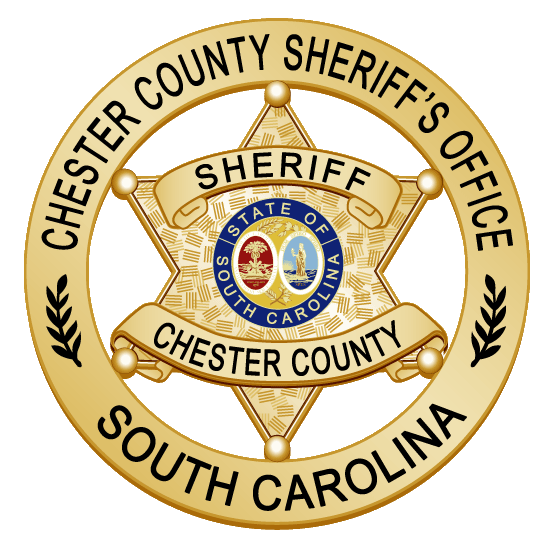WHEN TO CALL 911
In an emergency (when you believe that the immediate response of the police, a fire truck or an ambulance is needed).
Some examples of when to call 9-1-1:
When you see fire or smoke.
When you or someone with you is in danger.
When you see a crime is being committed or has just occurred.
When you believe that an ambulance is needed because someone is hurt or sick.
When someone is trying to get in your house.
When someone suspicious is prowling around your house or neighbors house.
When a child is approached by a stranger.
WHEN NOT TO CALL 911
To obtain weather reports.
To report utility problems (such as power outages, phone and water repairs.
To ask for directions or road names.
For general information pertaining to police reports, jails.
Keys locked in vehicles, unless someone is locked inside.
To request a cab.
To find out what time the parade begins.
WHO CAN CALL 911
Anyone can call 9-1-1, no matter how old you are. There have been children on that have helped their parents and they were only 3 years old!
The sight-impaired can use the digits, 9-1-1 on the telephone.
The hearing and speech impaired can use a special phone called a TTY/TDD machine to access 9-1-1.
HOW TO CALL 911
To call 9-1-1 from a home phone or a simple business phone, pick up the phone and press the numbers, 9-1-1.
To call 9-1-1 from a Centrex or PBX business extension, obtain an outside line and then press the numbers, 9-1-1.
To call 9-1-1 from a pay phone, no money is needed, simply pick up the receiver and press the numbers 9-1-1.
To call 9-1-1 from a cellular phone or mobile phone, press the numbers 9-1-1 and press the "send" or "snd" button (this button is usually green). Be prepared to give your cell phone number and your location.

